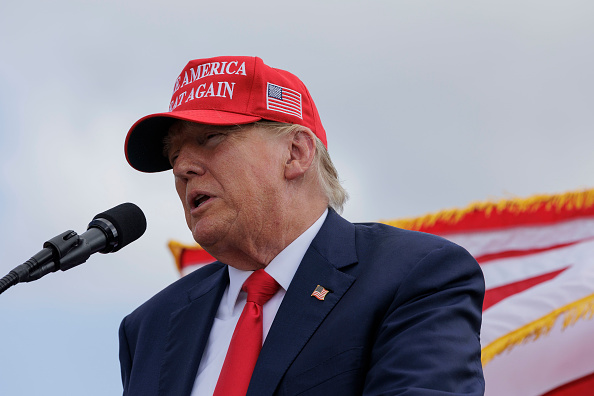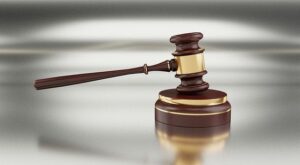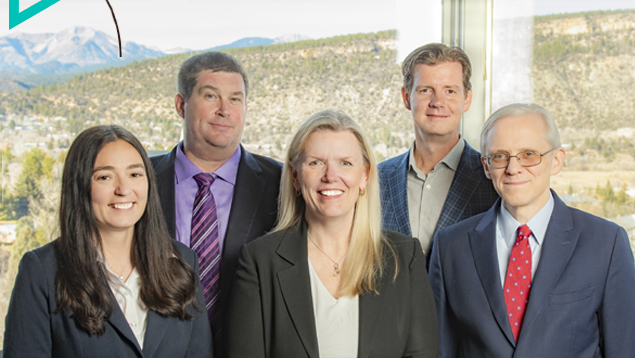
It’s
the
nightmare
scenario:
You’ve
decided
you
need
to
switch
case
management
software,
and
the
concerns
are
beginning
to
overflow,
revolving
around
how
to
move
all
of
that
data
over.
But
what
are
you
going
to
do?
Continue
to
use
a
software
that
doesn’t
work
for
your
business?
I
mean,
that
was
kind
of
a
rhetorical
question.
But,
if
you
were
like:
“Well,
yeah
–
I
guess
so”
…
I
have
a
podcast
you
need
to
listen
to.
That’s
because
the
prospect
of
swapping
out
law
practice
management
softwares
isn’t
as
daunting
as
you
might
think.
While
it’s
not
easy,
it’s
definitely
not
impossible!
So,
Joyce
Brafford
of
ProfitSolv
is
back
again
as
a
co-host
of
the
Non-Eventcast
to
talk
about
how
you
can
make
the
move
from
one
case
management
software
to
another.
For
this
episode,
we’re
joined
by
Donna
Brown,
from
Beyond
Square
One.
She
is
an
expert
in
data
transfers,
and
she
has
helped
a
number
of
law
firms
move
off
of
one
software
and
onto
another.
If
you’re
feeling
like
a
software
transition
is
not
in
the
cards
for
your
law
firm
—
even
though
you
may
desperately
want
one
–
listen
to
this
special
edition
of
the
Non-Eventcast,
because
you
may
have
the
right
hand
to
play,
after
all.
This
is
the
eighth
episode
in
a
special
podcast
series
hosted
in
conjunction
with
our
partner,
ProfitSolv.
This
episode
is
sponsored
by
Cosmolex.
Jared
Correia,
a
consultant
and
legal
technology
expert,
is
the
host
of
the
Non-Eventcast,
the
featured
podcast
of
the
Above
the
Law
Non-Event
for
Tech-Perplexed
Lawyers.



 Kathryn
Kathryn












 Lisa
Lisa
